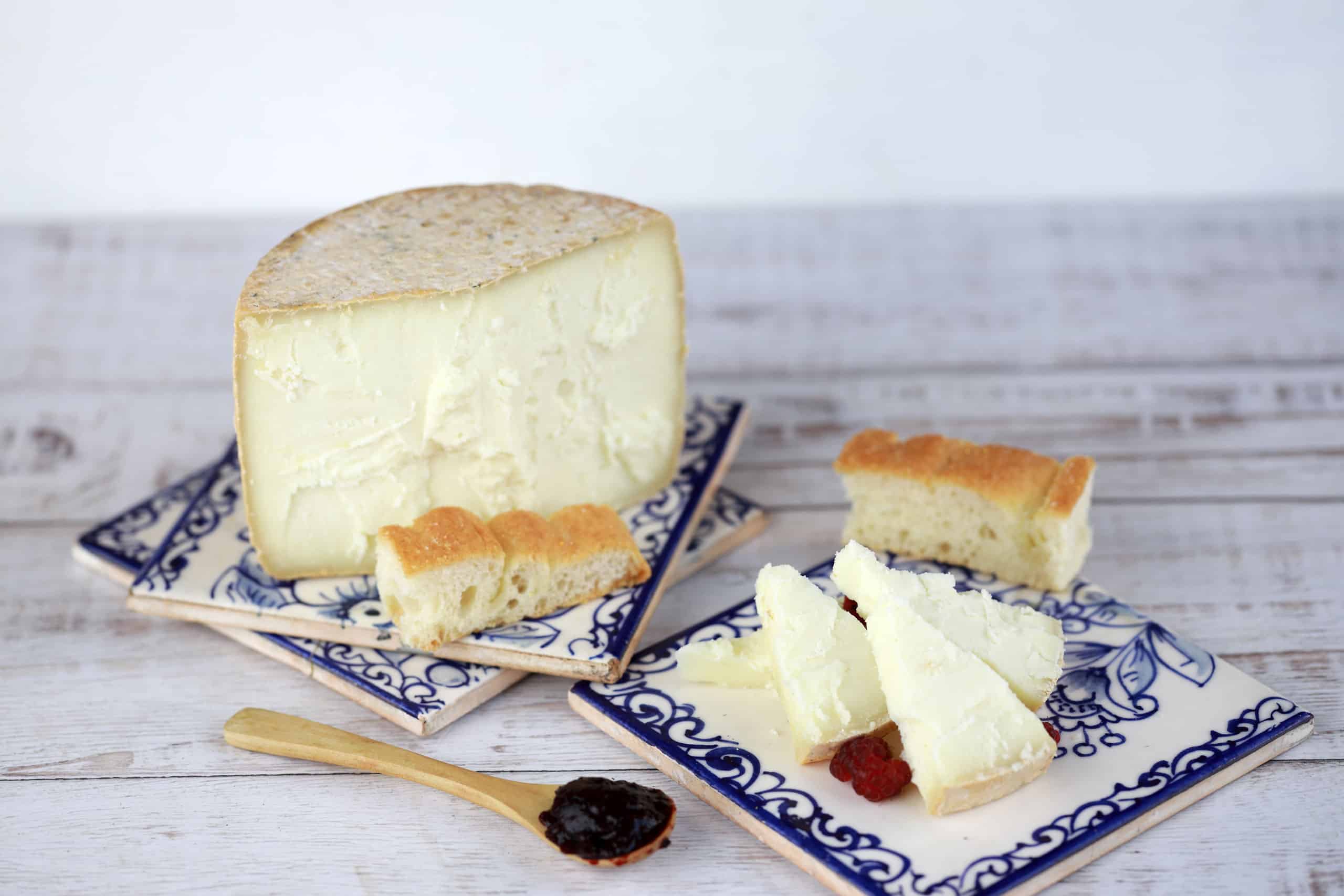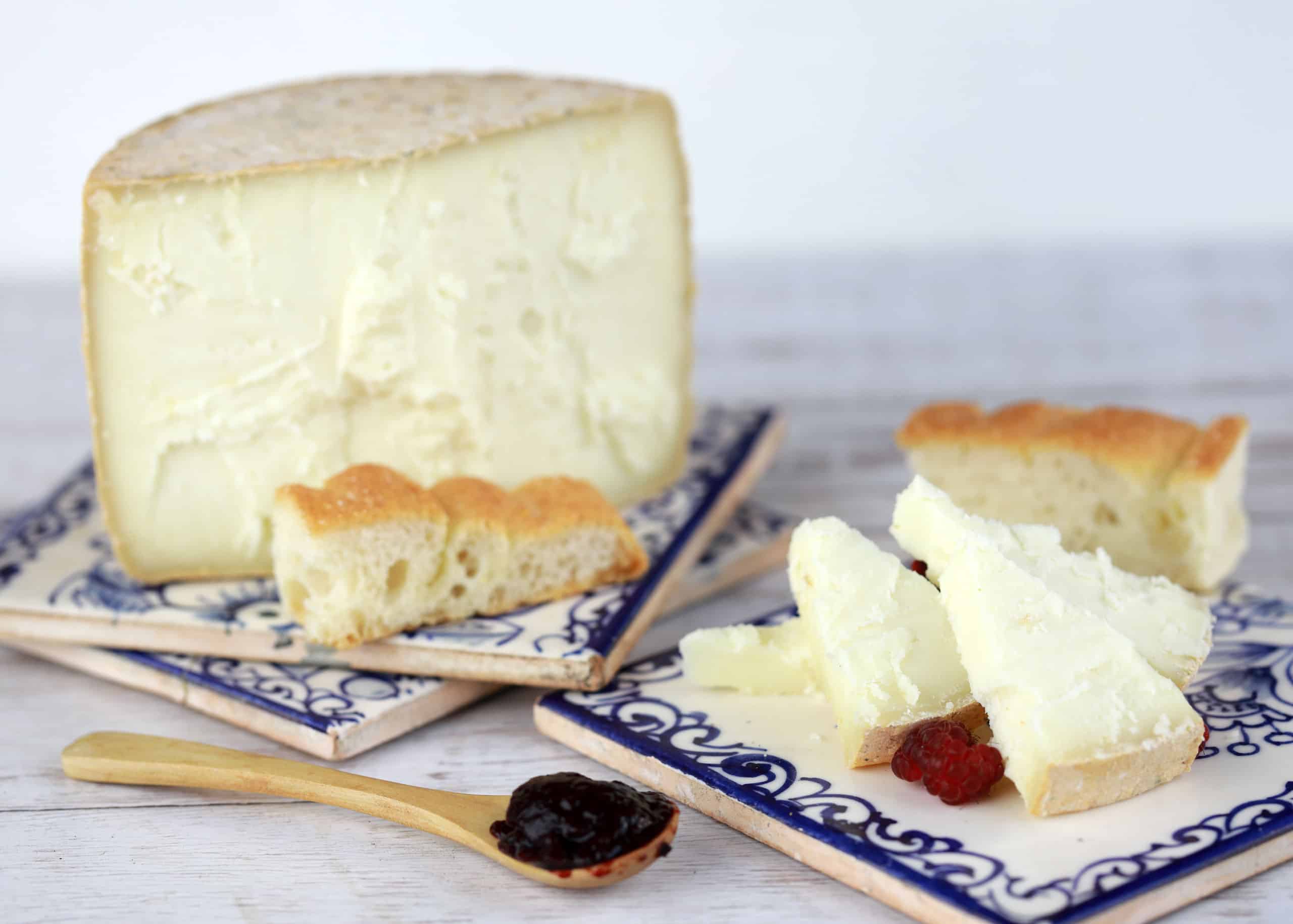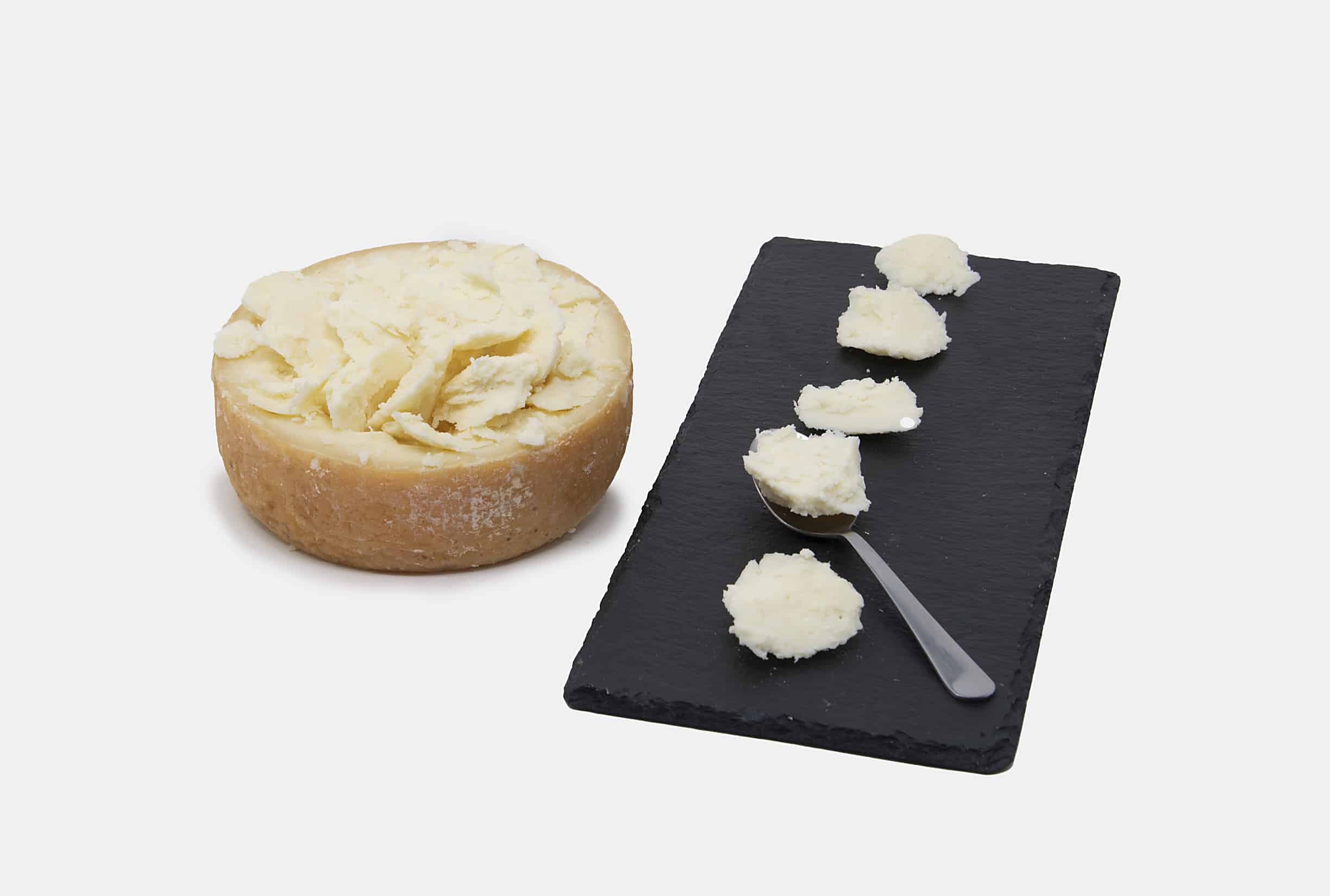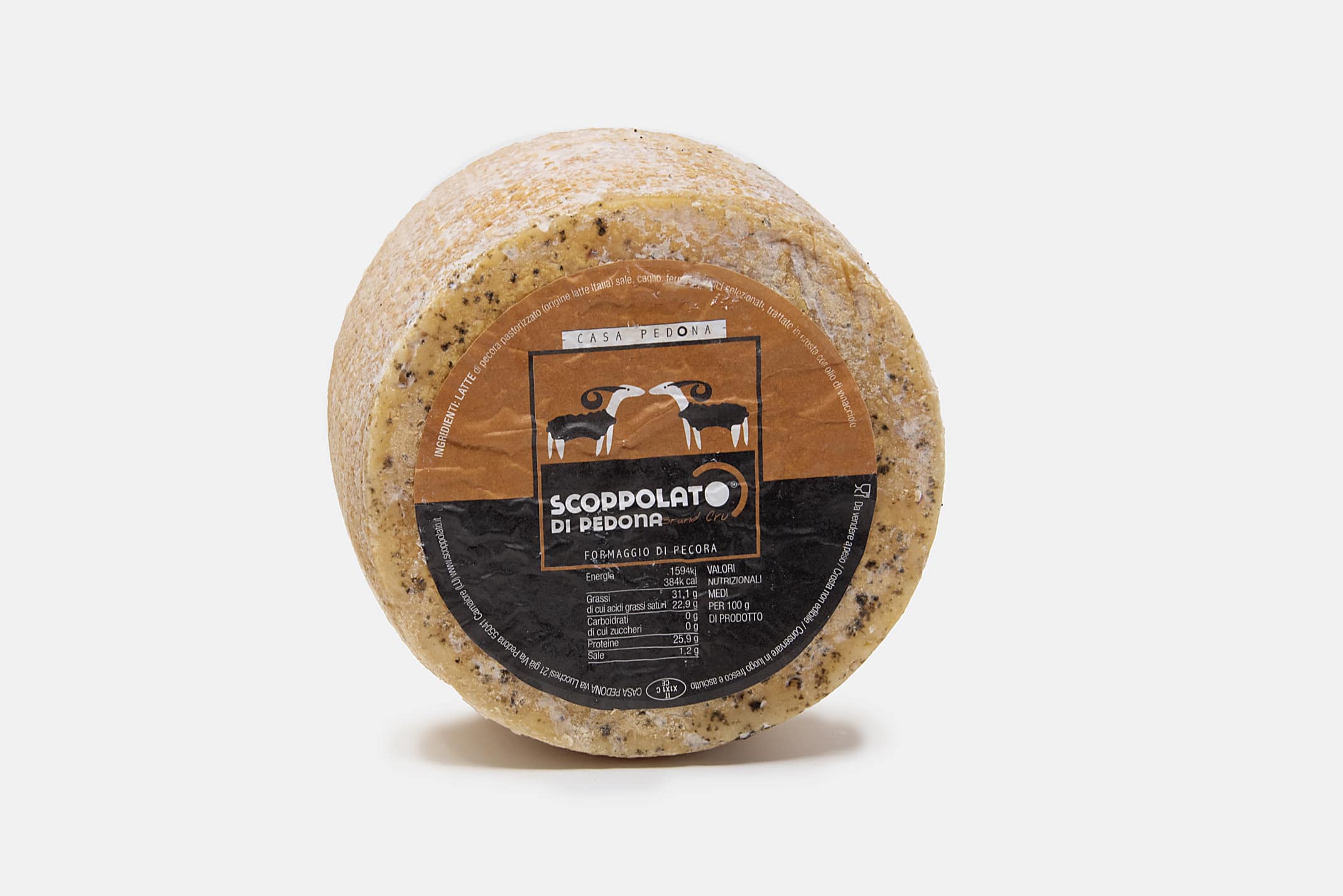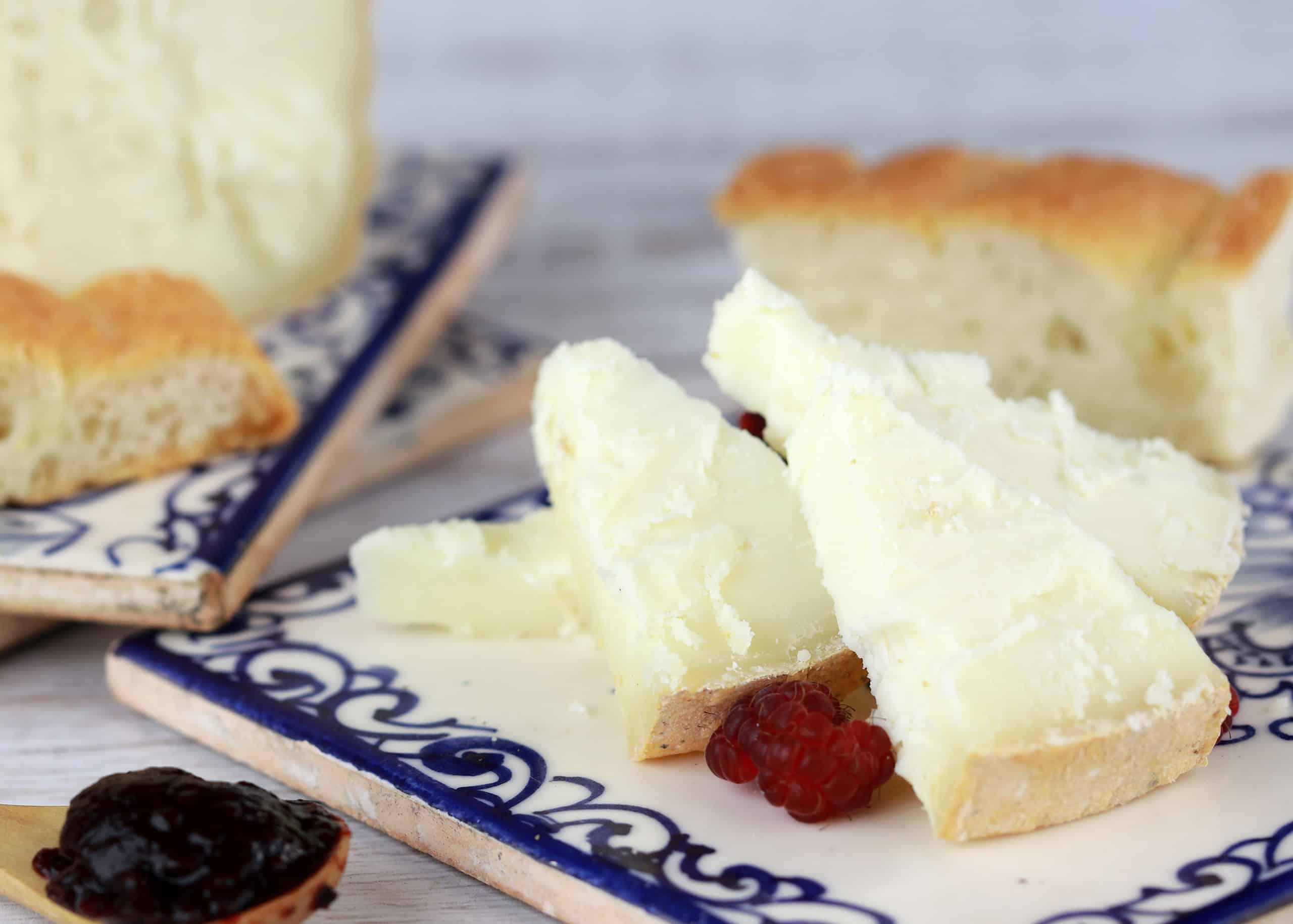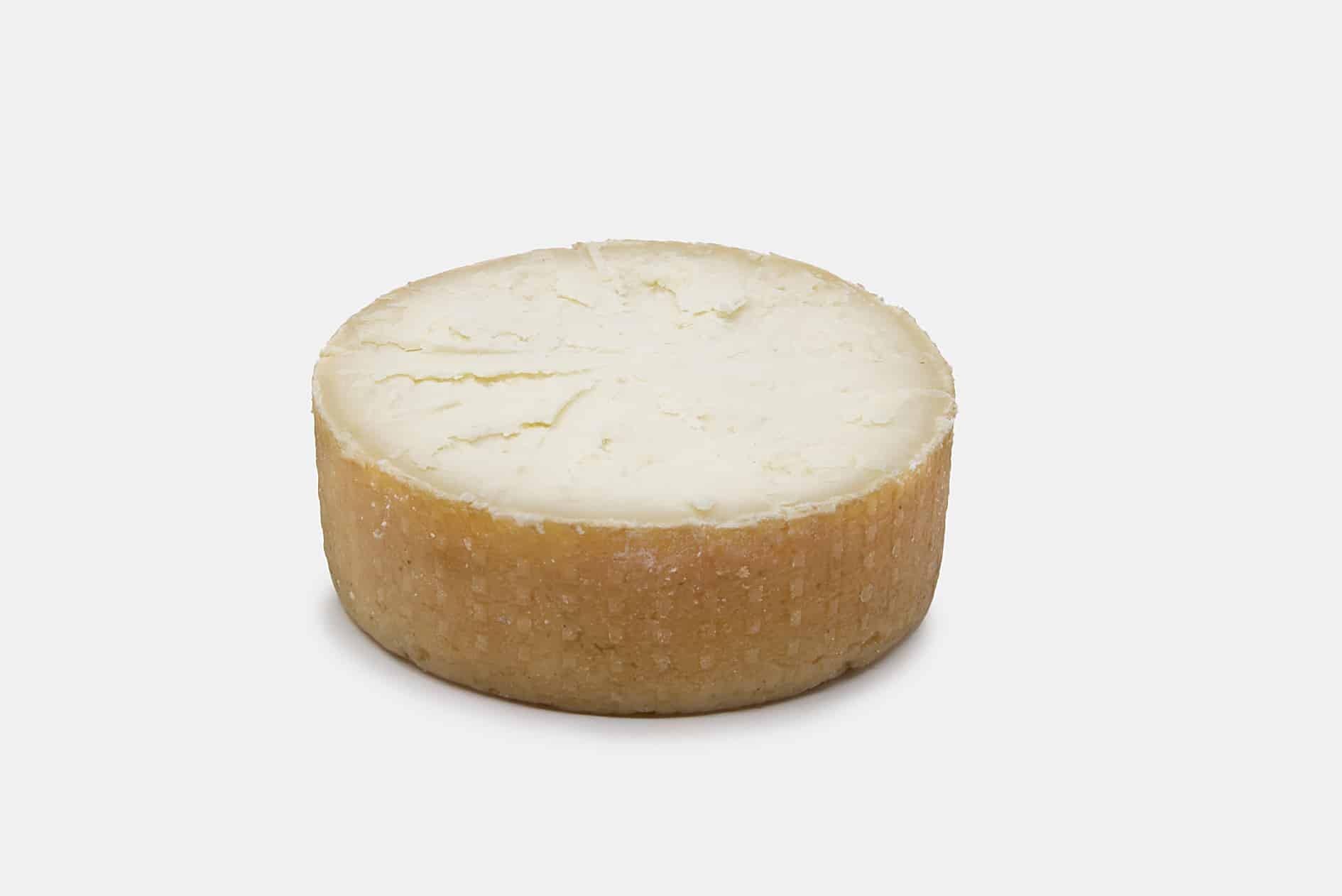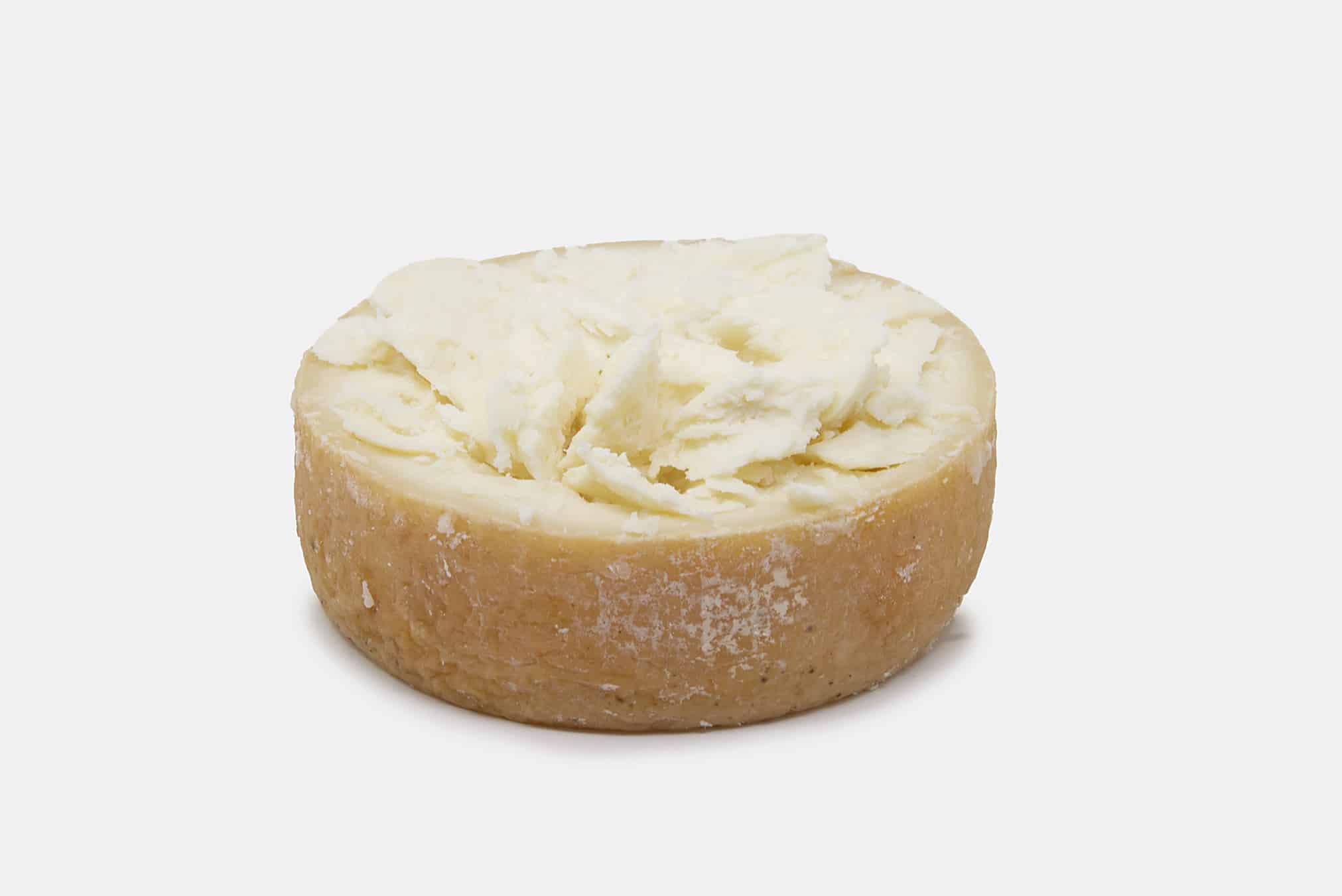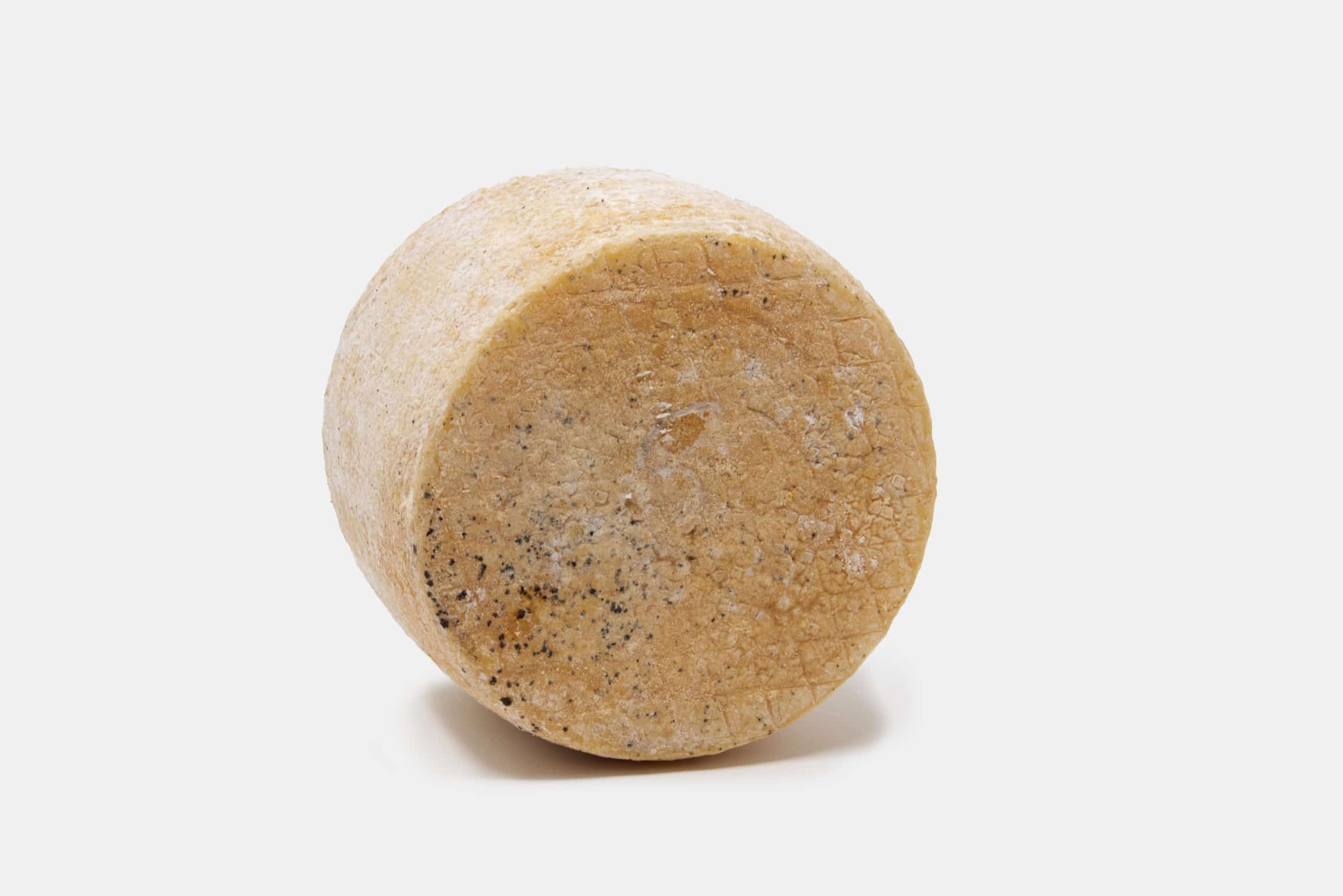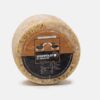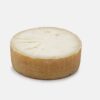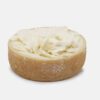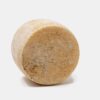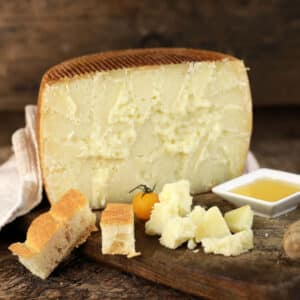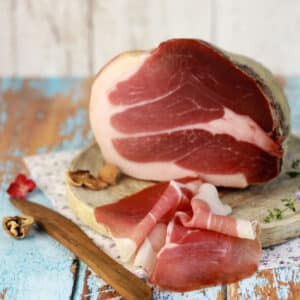Pedona’s Scoppolato is perhaps the most famous of the typical products of our territory. Surely, as experts and gourmets say, it is the best cheese produced in Versilia, renowned not only in Tuscany but also nationally and internationally.
Its history is cloaked in legend, and even its recent rediscovery is as fascinating as it is fortuitous and mysterious. In fact, it was Gabriele Ghirlanda, founder of Ideal Party and patron of Enolia – the event organized every year in Serravezza and dedicated to “quality oil and local products” – found the lost recipe, studied it and adapted it to current regulations. health care, without however betraying its original spirit.
The result? A double result!
On the one hand, he has managed to bring back a typical poorly managed but genuine product, giving us a unique and characteristically tasty cheese which, despite its aging, is still able to release a good taste of fresh milk, a quality that is very rare in aged sheep cheeses. On the other hand, thanks to this rediscovery, it has given impetus to tourism towards a village on the Camaiore hills, Pedona, which enjoys a breathtaking view of the Versilia coast.
Pedona’s Scoppolato is produced with pasteurized sheep’s milk, salt, rennet, selected lactic ferments, linseed oil and grape seed oil. In compliance with the ancient procedure, a double curdling and a long period of aging – six months – in the cave is envisaged.
It is perfect consumed alone or in combination with honeys and compotes. It is eaten in flakes, after having “peeled” the crust. Due to its sweet but tasty taste at the same time, it is suitable for everyone, young and old. And if you love cooking, use the pulp to stuff cannelloni and fillings. Or use it in its entirety – grated pasta and “hollowed out” shape – to make and serve a refined and tasty version of the champagne risotto in a flat cap.
Scoppolato di Pedona: story of an exquisite legend
According to a local legend, the lost recipe of Pedona’s Scoppolato is that of a cheese invented already in the second half of the nineteenth century. In this story it is said that Ser Giobatta, a rich landowner in the area, had entrusted a flock of sheep to a sharecropper to a certain Tristano da Pedona, so that he could look after them, produce the milk and consequently make the cheese.
At a certain point, however, the quality of the cheese produced by Tristano was so poor that Giobatta began to complain about it. Tristan apologized for it, hat, indeed flat cap in hand, all repentant (it is precisely from this gesture that the name of Scoppolato would derive).
However, his was only a pantomime. Because Giobatta made him follow him and discovered that the sharecropper was hiding many forms of a very good cheese inside a cave. He then imposed on him that from that moment on, he should give him the superior quality of his dairy production, which the shepherd agreed to do, obediently. Unfortunately, however, he could not remain faithful to his promise for long because he suffered a heart attack shortly thereafter.
Ingredients
Pasteurized sheep’s MILK, salt, rennet, selected lactic ferments, linseed oil, grape seed oil.
Grosta not edible.
Store from + 2 ° to + 8 ° C.
Manufactured and packaged in the IT 9-391 CE factory.

